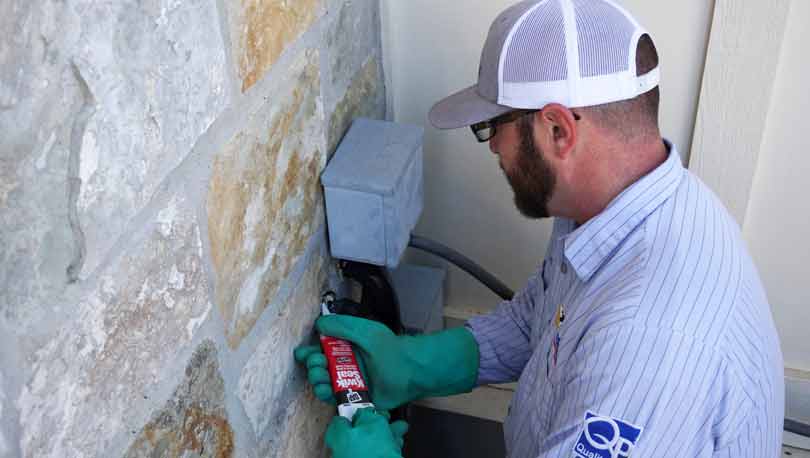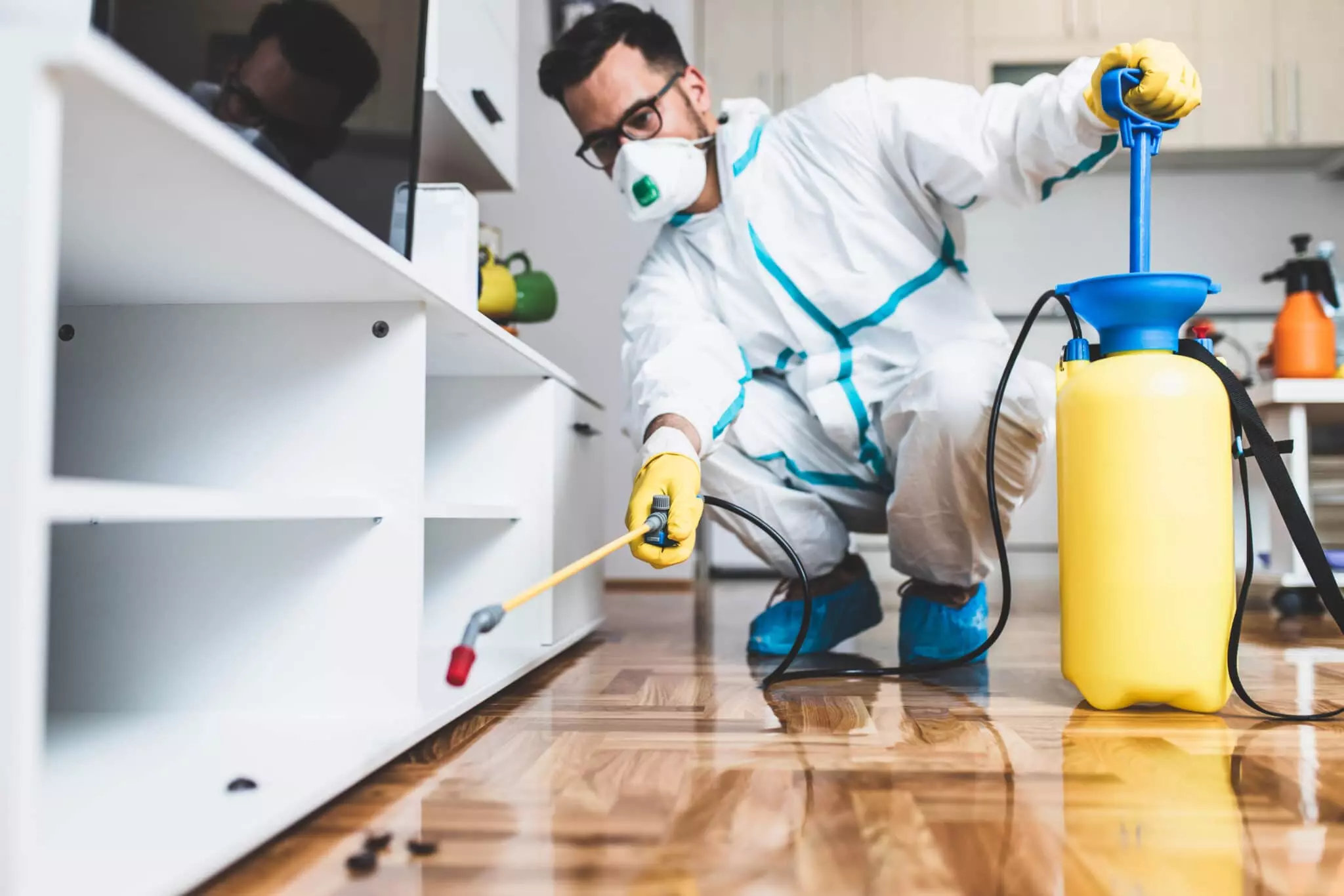Discovering the Various Kinds Of Bug Control Techniques and Their Applications
Insect control is a crucial facet of keeping a healthy and balanced and safe environment, whether it remain in residential, commercial, or agricultural setups. Different techniques have actually been established and refined throughout the years to effectively handle and reduce parasite problems. From chemical approaches that target details pests to organic strategies that harness all-natural killers, the world of bug control is diverse and vast. Understanding the different kinds of parasite control strategies and their applications is vital for carrying out one of the most appropriate and lasting remedies. Let's explore the ins and outs of these methods and just how they can be properly utilized to address pest-related difficulties.
Chemical Insect Control Strategies
Chemical insect control strategies are widely made use of in agriculture and insect monitoring to successfully eradicate or manage pest infestations. These techniques involve using chemical substances, such as pesticides, herbicides, and chemicals, to get rid of or reduce pest populaces that pose a danger to crops, animals, or human health and wellness. Chemicals, for instance, target particular parasites like rodents, bugs, or weeds, disrupting their life process or causing direct damage upon contact. Herbicides are especially developed to control undesirable plants that takes on crops for nutrients and sources. Insecticides, on the other hand, are made use of to deal with insect bugs that can damage crops and transmit diseases.
While chemical bug control strategies can be very effective in handling insect populaces, they likewise raise worries concerning potential environmental and health risks. Improper usage or overuse of chemical pesticides can bring about air pollution of air, soil, and water, hurting non-target organisms and triggering long-lasting environmental damage. Additionally, repeated exposure to chemical residues may position health and wellness threats to farmworkers, consumers, and wild animals. It is necessary to adhere to safety standards, utilize integrated pest monitoring techniques, and take into consideration different approaches to minimize the unfavorable influences of chemical insect control strategies.
Organic Pest Control Methods
 Biological insect control techniques use living microorganisms to decrease and take care of bug populaces in a sustainable and eco friendly fashion. One common approach is the release of ladybugs to fight aphids in gardens, as ladybugs are all-natural killers of these harmful pests.
Biological insect control techniques use living microorganisms to decrease and take care of bug populaces in a sustainable and eco friendly fashion. One common approach is the release of ladybugs to fight aphids in gardens, as ladybugs are all-natural killers of these harmful pests.
Organic insect control methods provide numerous benefits over chemical techniques. Overall, organic bug control methods offer a natural and reliable choice to conventional chemical treatments, promoting a well balanced environment and healthier environments.
Physical Parasite Control Approaches
Using physical methods to control insects entails the usage of mechanical or non-chemical ways to take care of and minimize insect invasions effectively. One common physical parasite control technique is the setup of displays, webs, or fencings to block pests from getting in details areas.
An additional physical technique is the use of catches, such as breeze catches for rats or pheromone traps for bugs. These catches aim to catch parasites without posturing any type of threat to people or the environment. In addition, find out physical control approaches can include techniques like handpicking bugs off plants, using vacuum cleaner devices to eliminate insects, or using heat treatments to remove bed pests and various other bugs in ravaged locations.
Integrated Parasite Monitoring Approaches
Carrying out a holistic strategy to pest administration, Integrated Bug Administration (IPM) strategies intend to incorporate various effective methods to prevent and control parasite invasions while lessening environmental influence and ensuring lasting pest control practices. IPM entails the assimilation of numerous control methods such as biological control, social methods, mechanical control, and the careful use of pesticides.

Moreover, IPM stresses the relevance of monitoring and assessing pest populaces to identify one of the most appropriate control techniques. By carrying out IPM methods, pest control efforts become much more targeted and effective, reducing the risks connected with too much pesticide use and promoting lasting parasite management solutions.
Natural and Organic Bug Control Options

One popular natural parasite control technique is neem oil, derived from the seeds of the neem tree, which serves as a repellent and interrupts the growth and development of insects. Diatomaceous earth, a natural silica-based powder, is another effective natural pest control option that functions by dehydrating insects upon contact. By integrating all-natural and organic parasite control alternatives right into pest monitoring methods, this post individuals can successfully manage bugs while decreasing injury to the atmosphere and advertising sustainable practices.
Verdict
To conclude, numerous bug control methods such as chemical, biological, physical, incorporated pest management, and natural alternatives are available for properly handling parasite problems. Each approach has its own advantages and applications relying on the sort of pest and the setting. By recognizing the different kinds of bug control methods and their applications, people can make enlightened choices on one of the most appropriate approach to control bugs and safeguard their building.
Chemical insect control techniques are extensively utilized in agriculture and bug management to properly get rid of or control pest infestations - Orem Pest Control. All-natural parasite control approaches involve using biological control representatives, such as parasites or predators, to take care of bug populations. By integrating all-natural and natural insect control options right into parasite management approaches, individuals can successfully regulate parasites while minimizing harm to the atmosphere and advertising sustainable techniques
In conclusion, different bug control methods such as chemical, organic, physical, incorporated insect monitoring, and natural options are available for efficiently handling parasite invasions. By understanding the different types of bug control methods and their applications, individuals can make educated choices on the most ideal strategy to regulate pests and shield their home.